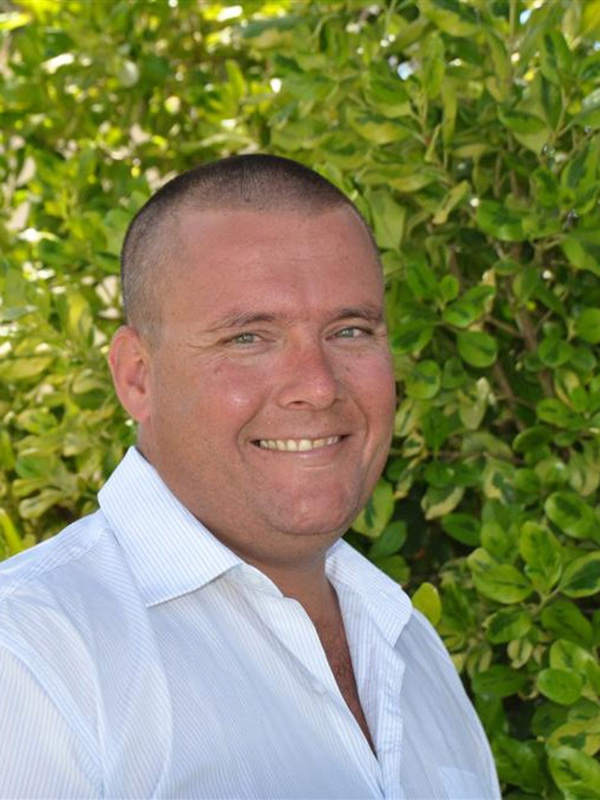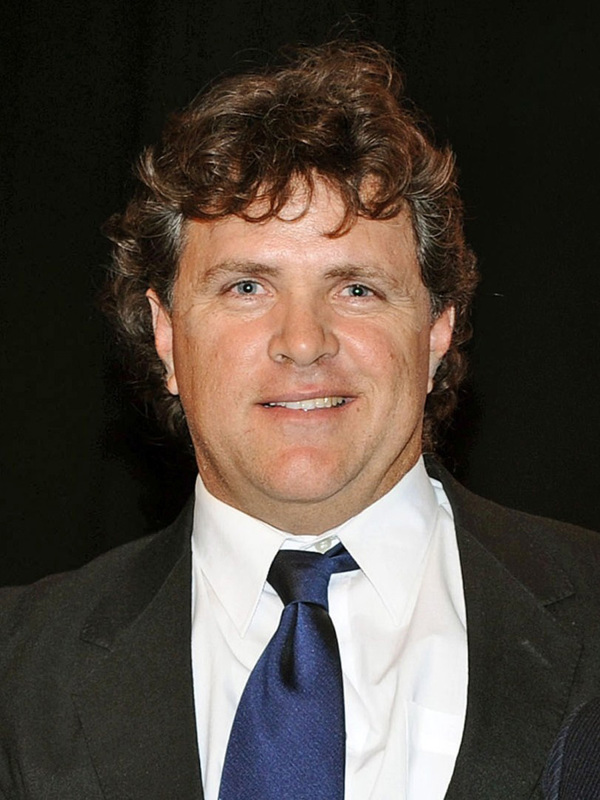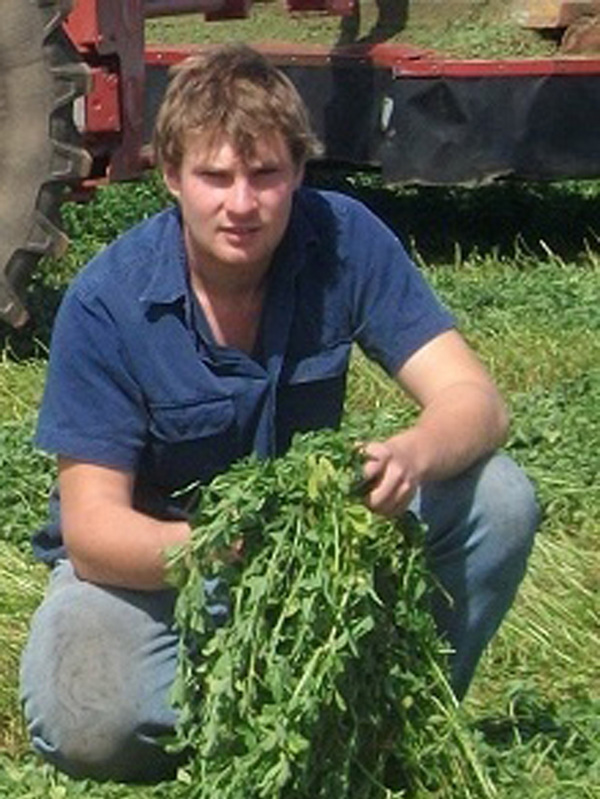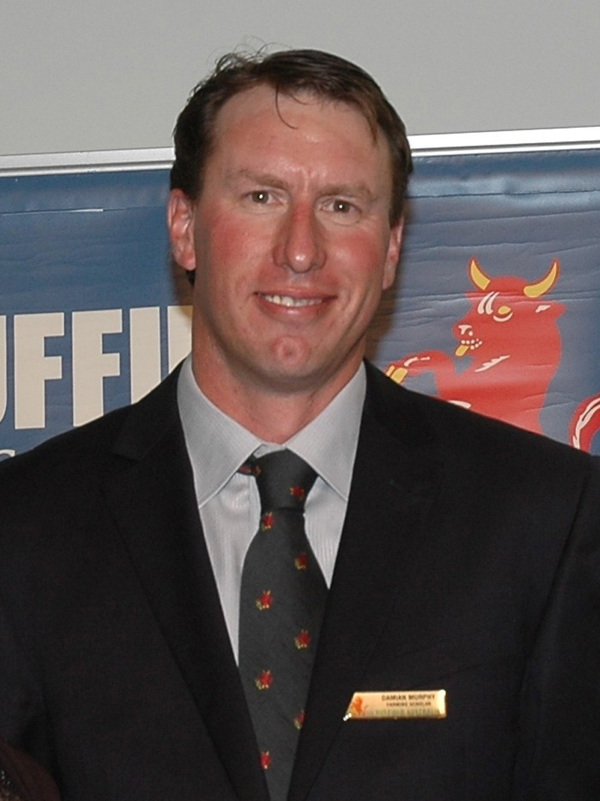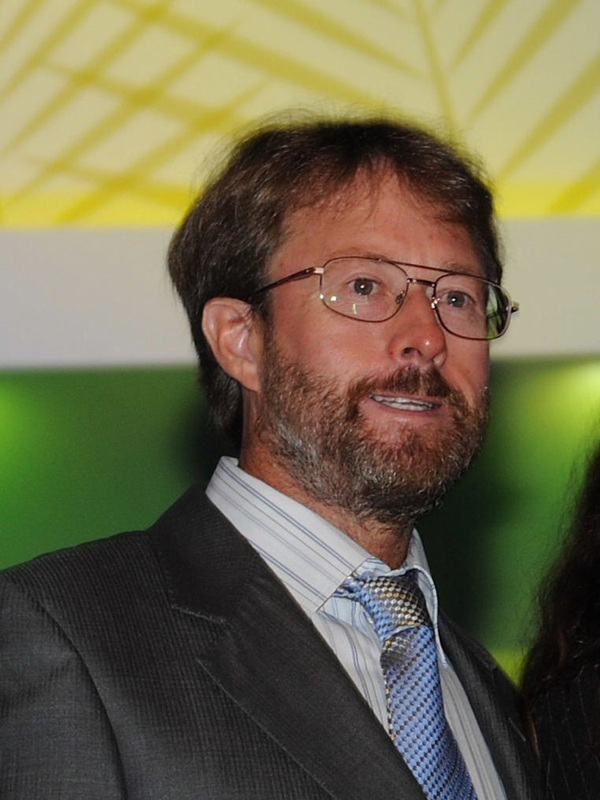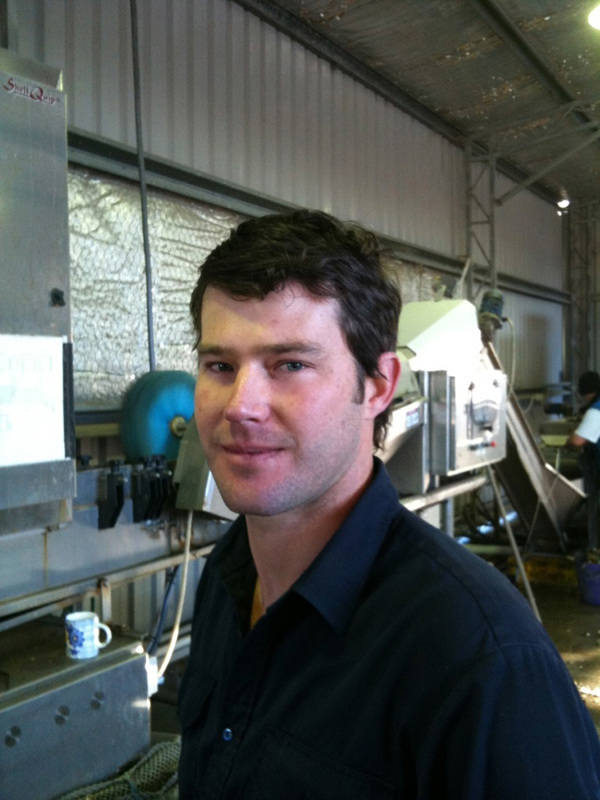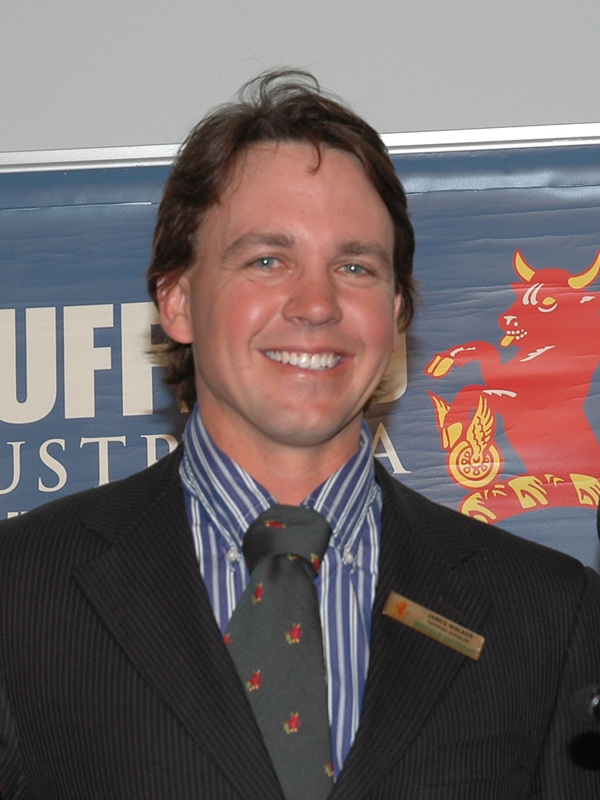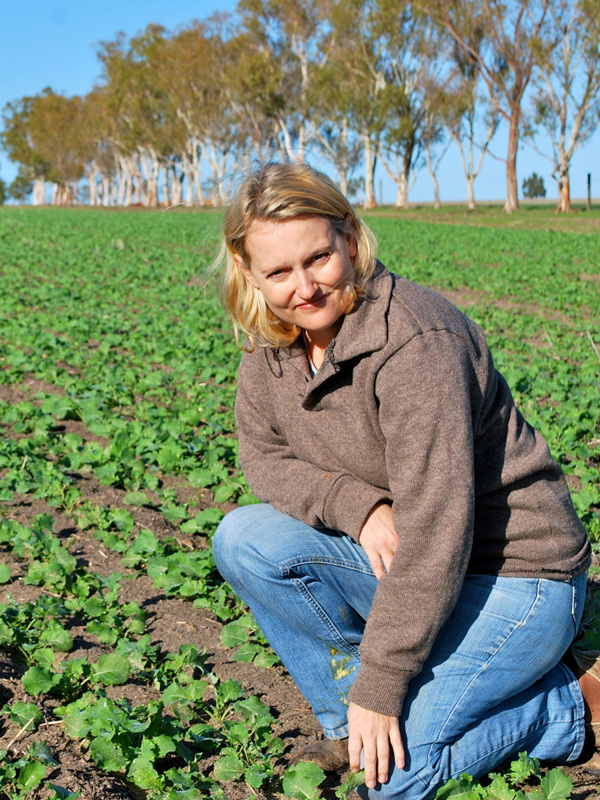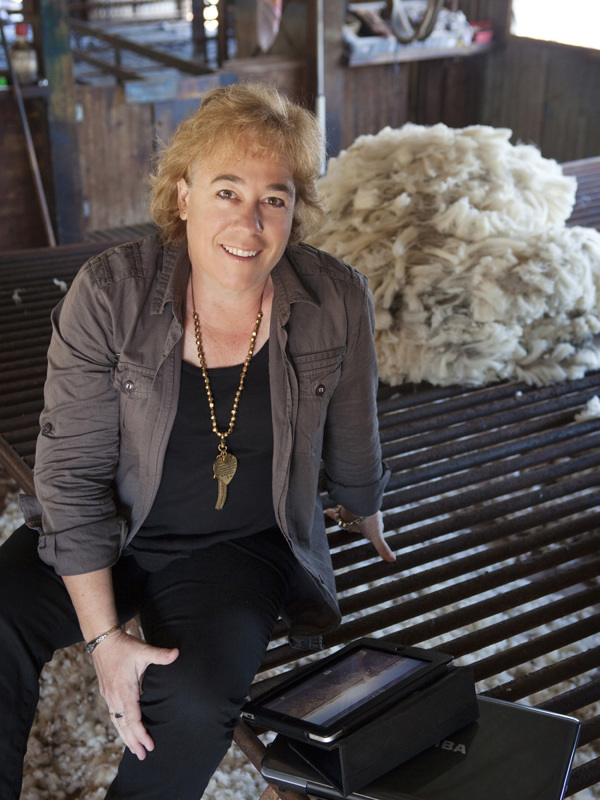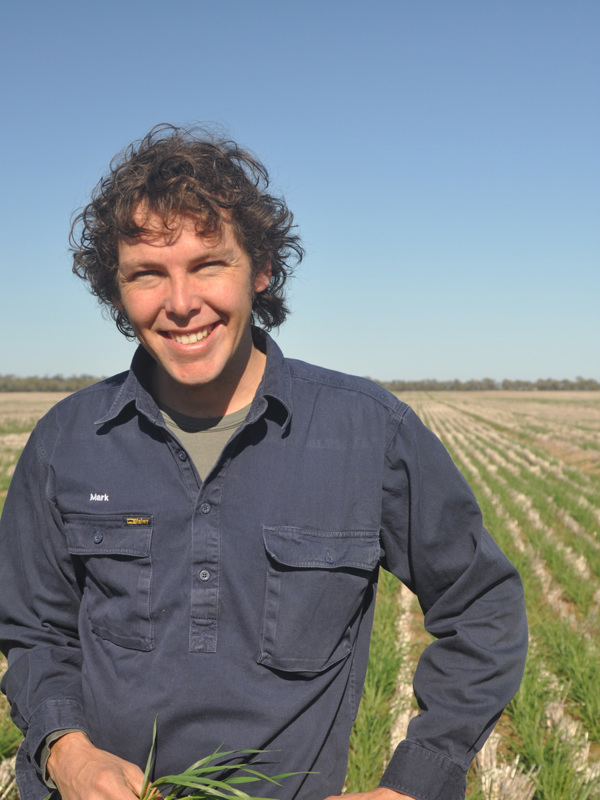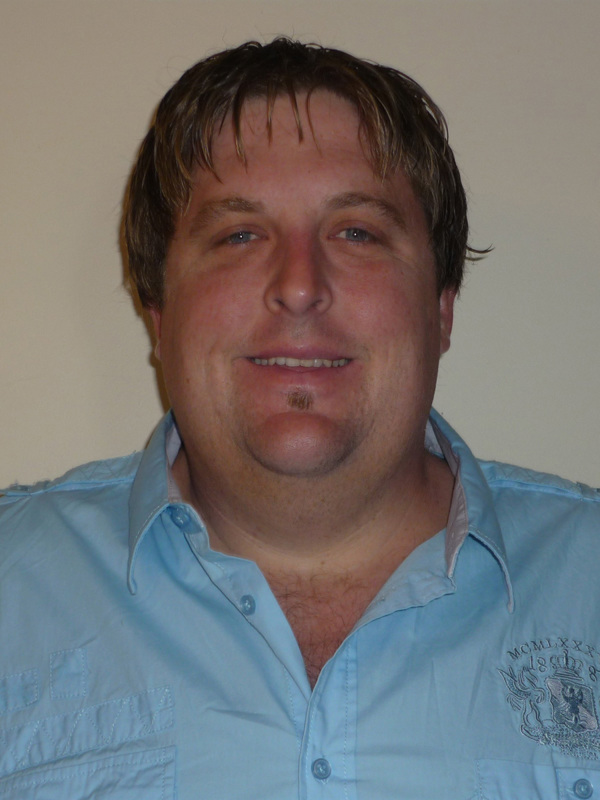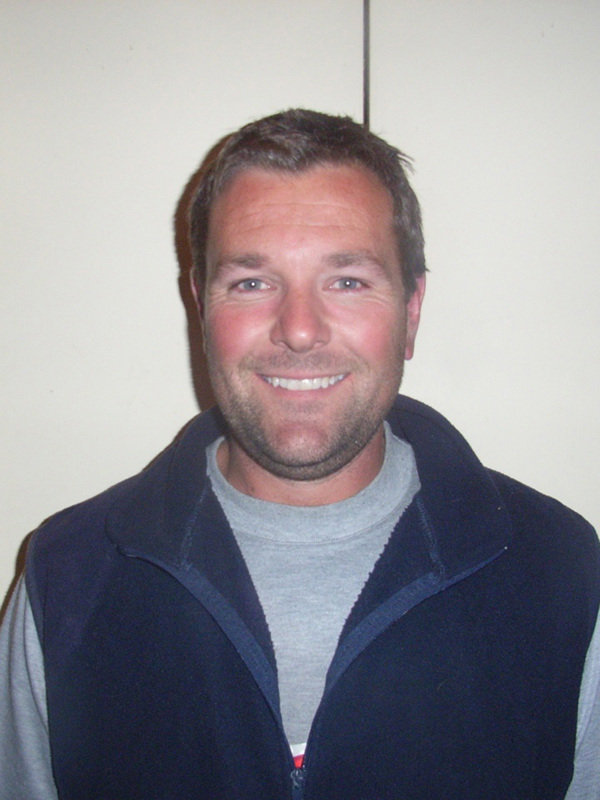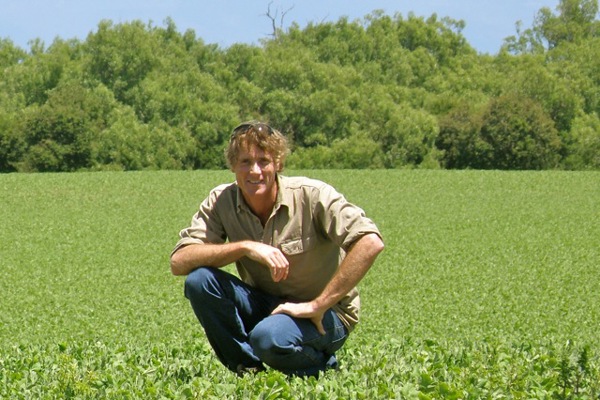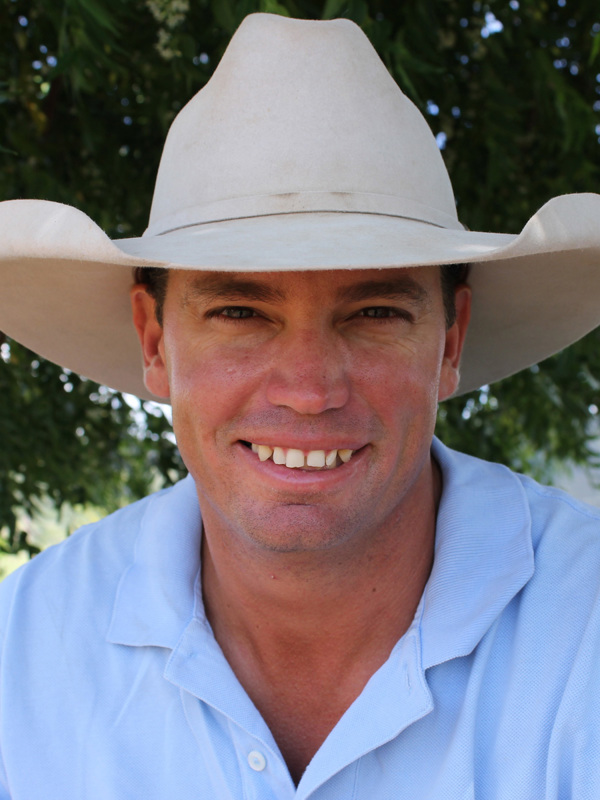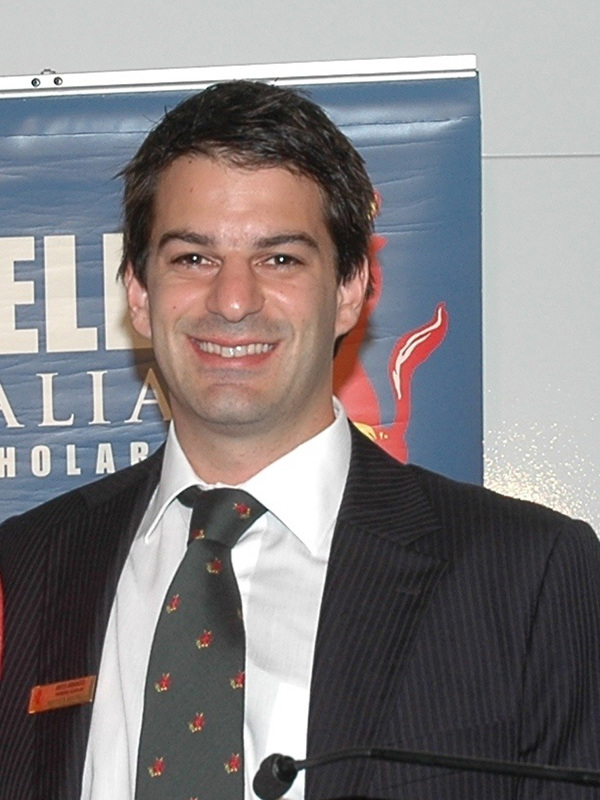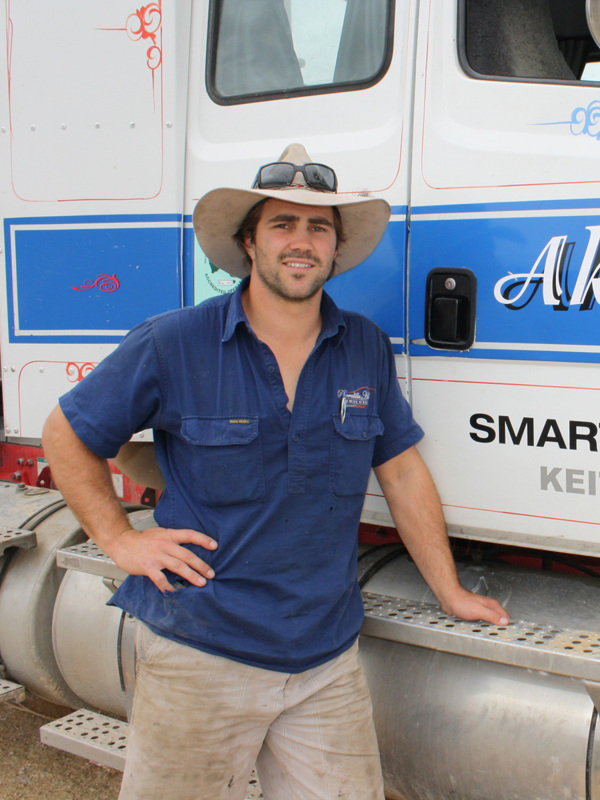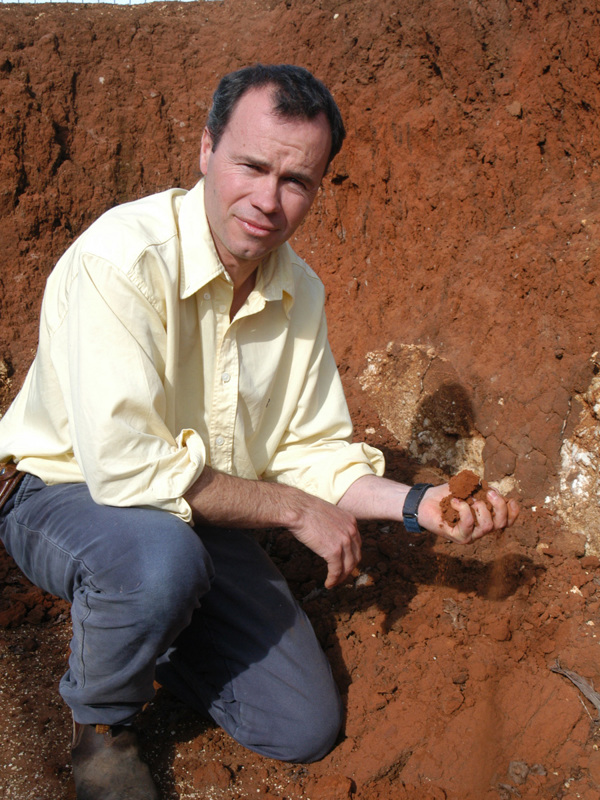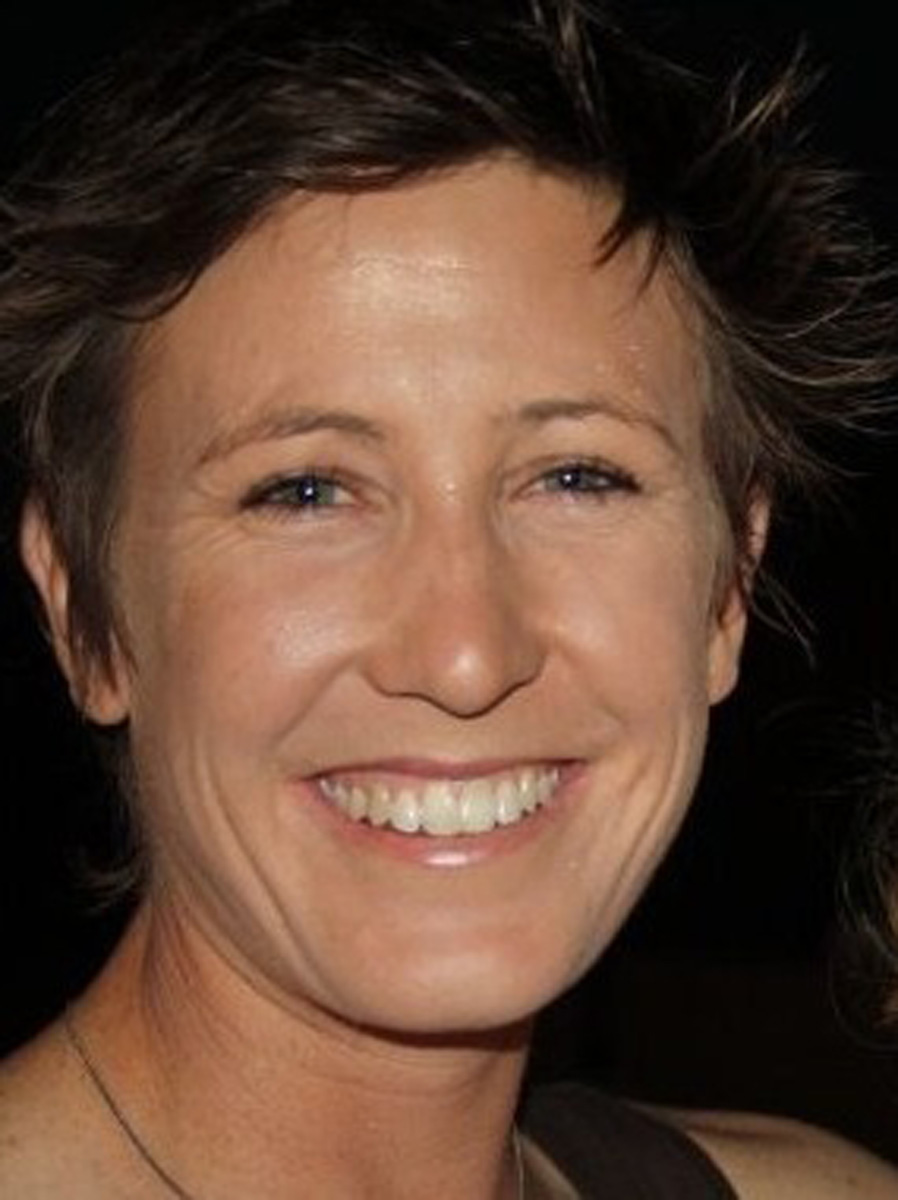
Jemma Sadler
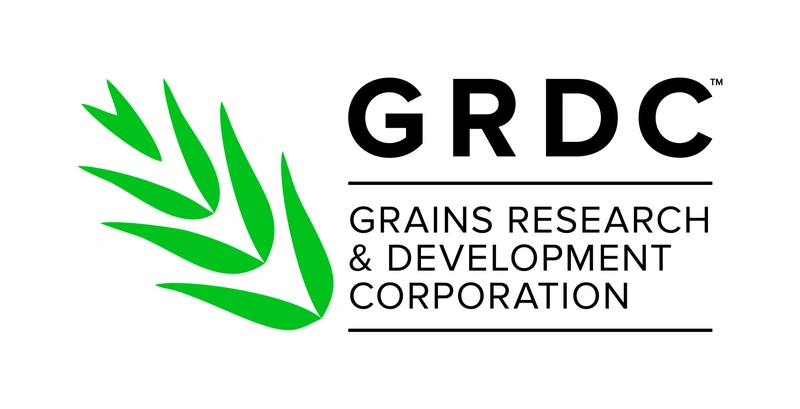
Seeing co-existence issues between genetically modified (GM) and organic grain growers in her home state of WA prompted Jemma Sadler to tackle a Nuffield Scholarship. Jemma started with an aim to investigate sustainable weed management and the use of herbicide tolerant GM crops, but that soon changed.
“As the year progressed my research narrowed to focus on the co-existence of GM, conventional and organic growers – particularly here in Western Australia we’ve seen a lot of issues in this space. I think GM technology has a huge range of benefits it could offer Australian farmers, but we also need to understand that some people don’t want to use those crops and if they don’t want to, they shouldn’t have to,” Jemma explains.
Travelling around the world, one key thing Jemma realised was how strict Australian tolerance levels to GM material in organic crops are.
“I travelled to the US and Canada, which are dominated by GM crops to the extent it was hard to find organic farmers. North American organic farmers are still surviving because they’re allowed to have GM in their end products, whereas in Australia you can’t have any presence at all. As long as organic farmers in those countries took reasonable steps to avoid the presence of GM then any contamination wouldn’t affect the end status,” Jemma explains.
Jemma also travelled to Europe, where she found while farmers there don’t grow any GM crops, they still import GM grain.
“European organic farmers have a 0.9 per cent tolerance to GM, but I found the public generally are highly opposed to the technology, so it’ll be interesting to see what happens with some companies reducing their research in Europe,” she explains.
Jemma believes Australia’s zero per cent tolerance level for GM material in organic crops is potentially placing domestic organic farmers at a high level of risk.
“A zero per cent tolerance will be very difficult to sustain, and increasingly so as GM becomes more widespread. Australian organic farmers need to look at the tolerance levels as I think that’s really going to affect their industry,” Jemma says.
Moving forward, Jemma believes greater education and more research are the keys to creating a system that works for everyone.
“It’s about making farmers more aware of the different production practices in their area and understanding what their neighbour production tolerances are. Perhaps government and technology providers could be involved in helping make farmers more aware,” she explains.
In addition, Jemma would like to see more research into areas such as how to limit gene flow between crops, buffer zones and hygiene practices. “At the end of the day, I believe farmers should have the right to choose the best production system for their own business,” she concludes.
